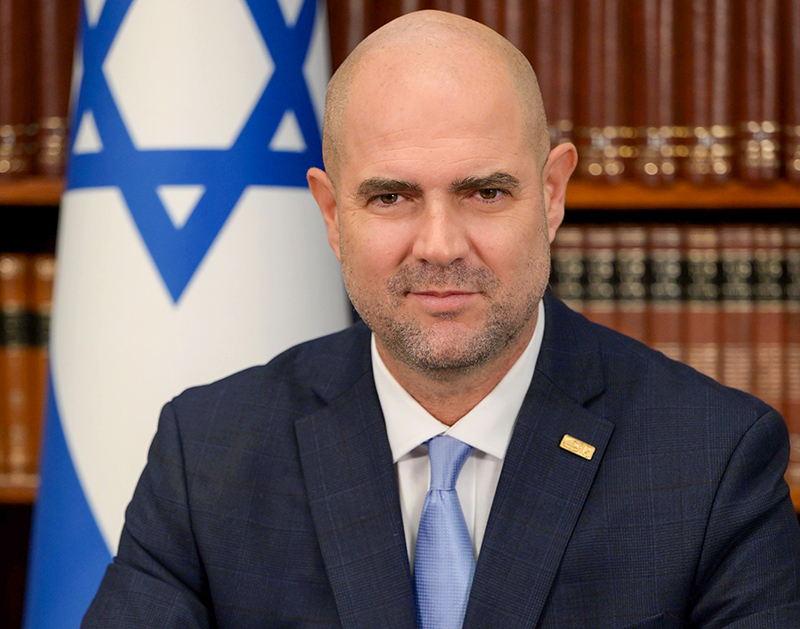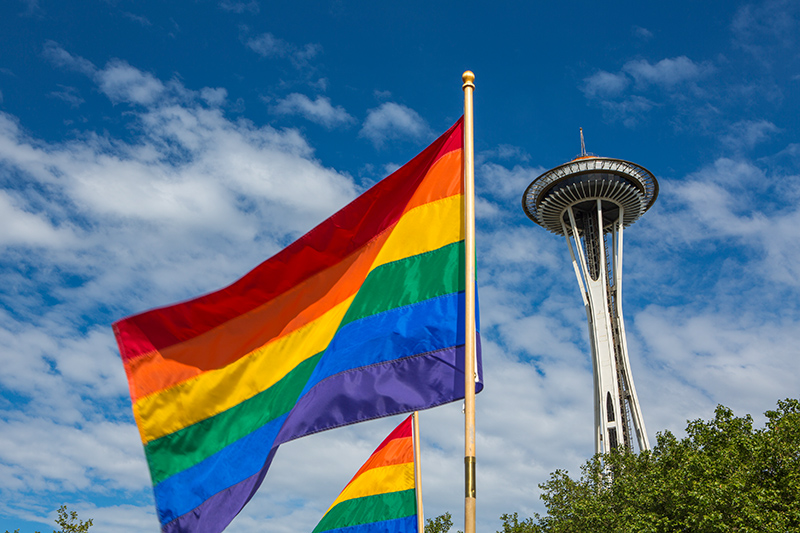Pro-LGBTQ Candidates Win Big as Democrats Sweep 2025 Races
LGBTQ allies Abigail Spanberger, Zohran Mamdani and Mikie Sherrill score decisive wins in Virginia, New York and New Jersey.

In what many see as a rebuke of the Trump administration’s agenda, Democratic candidates channeled anti-Trump frustration into a wave of wins — including key victories for pro-LGBTQ candidates in Tuesday’s bellwether races.
In Virginia, former Democratic Congresswoman and LGBTQ ally Abigail Spanberger cruised to a decisive win over Republican Lt. Gov. Winsome Earle-Sears, defeating her by nearly 15 points.
Earle-Sears, who narrowly won election on Gov. Glenn Youngkin’s coattails four years ago, tried to replicate Youngkin’s formula by emphasizing cultural issues, but failed to find issues that galvanized voters. She devoted much of her campaign to attacking Spanberger over pro-LGBTQ school policies that allow students to use restrooms matching their gender identity, and over the absence of a statewide ban on transgender athletes competing on female-designated sports teams.
But polls showed most Virginians were focused on the economy, inflation, affordability, and the ongoing government shutdown and federal furloughs disrupting daily life.
Spanberger capitalized on Earle-Sears’ anti-LGBTQ record, using her past statements and actions to cast her as ideologically rigid and out of touch. She highlighted Earle-Sears’ opposition to marriage equality and her belief that firing someone for being gay does not constitute discrimination, using it as evidence that the Republican lieutenant governor was out-of-step with most Virginians.
Spanberger’s coattails extended down the ballot, helping State Sen. Ghazala Hashmi — the first Muslim woman elected to the Virginia Senate — defeat gay radio host John Reid by nearly 11 points.
Spanberger also helped former State Del. Jay Jones (D-Norfolk) win the attorney general’s race, defeating incumbent Republican Jason Miyares, who has generally opposed LGBTQ rights throughout his political career, by six points.
In another marquee race, New Jersey voters elected Democratic U.S. Rep. Mikie Sherrill as the state’s next governor, giving her a 13-point victory over Republican Jack Ciattarelli — a former legislator who once styled himself as a moderate but has since aligned more closely with Donald Trump.
Notably, Ciattarelli, who came within three points of defeating Gov. Phil Murphy four years ago, has repeatedly railed against a state law requiring schools to teach about the political, economic, and social contributions of LGBTQ historical figures. He has falsely claimed the law forces teachers to “teach sodomy” to 11-year-olds and aired attack ads slamming Sherrill for defending it, calling the curriculum “indoctrination” and a violation of parental rights.
In Tuesday’s third marquee contest, Democrat Zohran Mamdani defeated former Gov. Andrew Cuomo, running as an independent, by nine points in the New York City mayoral race. All three major candidates — Mamdani, Cuomo, and Republican Curtis Sliwa — voiced support for same-sex marriage, LGBTQ rights, and efforts to combat hate crimes.
Mamdani went further, however, promising to make New York City a “sanctuary city” for transgender people fleeing states that restrict gender-affirming care or LGBTQ rights. He also pledged to resist any Trump administration attempts to withhold funds from pro-LGBTQ cities and to expand housing programs for LGBTQ youth and adults at risk of homelessness.
The 34-year-old assemblyman faced some backlash from LGBTQ advocates after posing for photos with Rebecca Kadaga, a Ugandan politician widely described as the “architect” of that nation’s anti-gay law. His campaign said he was “unaware” of Kadaga’s record as a staunch opponent of LGBTQ rights in the country where he was born before immigrating to the U.S. as a child.
Cuomo, who touts a strong pro-LGBTQ record from his time as governor, tried to capitalize on the controversy by portraying Mamdani as untrustworthy and a potential threat to the LGBTQ community. But precinct results from heavily LGBTQ neighborhoods suggest those attacks failed to stick.
Taken together, Tuesday’s results offered Democrats a clear message heading into 2026: attacks on LGBTQ rights may no longer be the political fuel they once were.
Taken together, Tuesday’s results should give pause to Democratic strategists who argue the party must distance itself from the LGBTQ community. While social issues may not drive every election, standing by one’s values — and showing even basic support for LGBTQ rights — is hardly the political liability some pundits make it out to be.
Support Metro Weekly’s Journalism
These are challenging times for news organizations. And yet it’s crucial we stay active and provide vital resources and information to both our local readers and the world. So won’t you please take a moment and consider supporting Metro Weekly with a membership? For as little as $5 a month, you can help ensure Metro Weekly magazine and MetroWeekly.com remain free, viable resources as we provide the best, most diverse, culturally-resonant LGBTQ coverage in both the D.C. region and around the world. Memberships come with exclusive perks and discounts, your own personal digital delivery of each week’s magazine (and an archive), access to our Member's Lounge when it launches this fall, and exclusive members-only items like Metro Weekly Membership Mugs and Tote Bags! Check out all our membership levels here and please join us today!




























You must be logged in to post a comment.